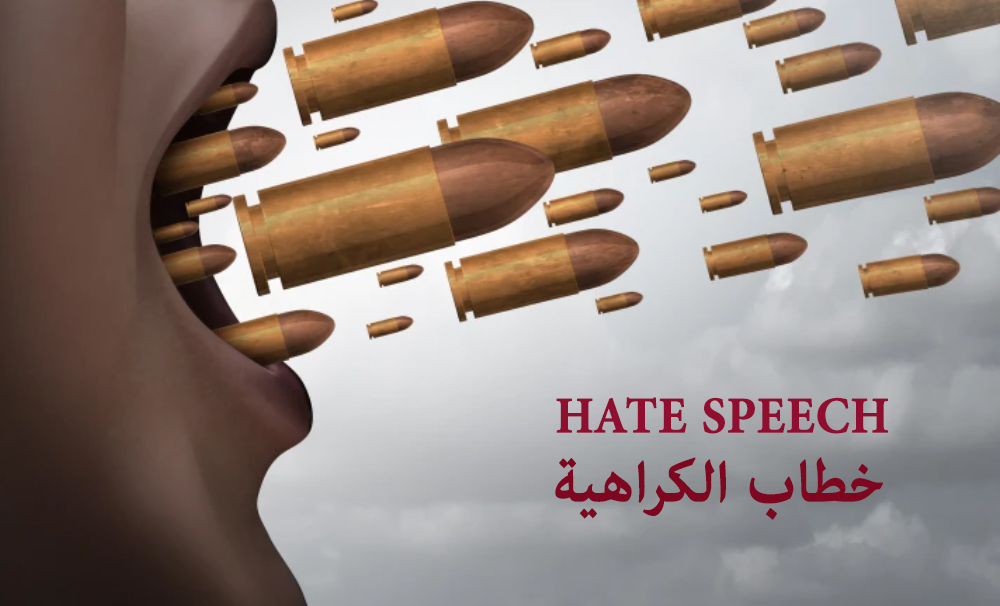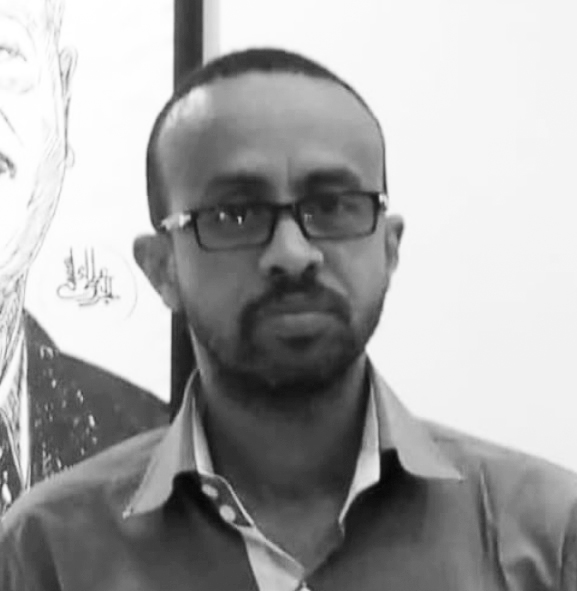
Political Discourse: Stitching Wounds on a Sore
By Khaled Massa
To garner public support for the war in Sudan, the Sudanese people have been torn between the tools of war propaganda on one side and the call for democracy and dignity on the other. We dont believe that the conditions of war are suitable for the national mind to choose which side to align with, especially since the issue of war itself is existential for everyone, and there is no room for multiple choices.
The futility of the current war in Sudan can be defined as the result of a recent stage in the political process called the Security and Military Reform Workshop. Logic and reason suggest that any reform process should lead to more cohesion and development, rather than the destruction we are currently witnessing in the system that was supposed to be reformed, addressing the imbalances that have disrupted constitutional roles and duties.
It seems clear that those who chose the name workshop in the political process only agreed on the workshops banner to suit what needed to be conveyed in messages to the international community and the revolutionary conscience of the streets. Meanwhile, the devil remains in the details of reforming the military and security system, which has the most impact on the fate of the Sudanese state. Therefore, it did not take long for April to witness the declaration of war and the complete abandonment of the reform path, instead embracing the path of destruction created by the war.
Sudanese ears are now hearing the same old tune, taken from the pre-war notes that did not provide respite or enjoyment for the Sudanese people. There are no new solutions to old problems; its the same old wine in new bottles.
Politicians have been preoccupied with the idea of security and military reform, giving it more attention than considering the need to reform the political discourse fundamentally. We believe that this discourse was more of a war discourse in its essence than a discourse of reform, in which the values that the December revolution aimed to achieve were undermined.
Exclusion and competing for the positions of others have been the general trend in the political discourse, representing a blatant aspect of the discourse of hatred, disguised as a discourse of revolution, change, dignity, democracy, and the interests of the Sudanese people.
War, and the evil it brings, could have been an opportunity for substantial introspection and reform of Sudanese political discourse, addressing all the flaws and issues.
If Sudan had heeded early advice to establish the Sudanese Observatory for Hate Speech, we could have averted significant earthquakes and destructive consequences of this discourse. The current war is one of its aftershocks, according to geological experts and earthquake monitors.
Most of the divisions we are suffering from now are a natural consequence of borrowing the language and approach of hate speech and using it across platforms of awareness and enlightenment as if it were the alternative that provides solutions and addresses problems, while it was essentially what opened the door wide for the language of war and bullets, replacing the language of reform and change.
When we look at the negotiation drafts currently on the table, we find that the issue of opening paths for humanitarian aid to war victims and reconciling the health sector to meet the needs arising from the war are not among the agreed-upon agendas. We realize that we have reached ground zero, where the values of justice and humanity freeze.
The military should heed the call not for exclusion but for adhering to the constitutionally prescribed limits. Sudanese political discourse needs to undergo deep surgery, distancing itself from the cancerous cells of hate speech.
We need a new type of discourse that calls for building a unified and strong Sudan, respecting its diversity, and increasing the white blood cells that protect it from reproducing the causes of Sudans crisis.
There is no logical or objective reason that compels some to interpret calls for ending the war as a negative neutrality. Its straightforward betrayal in most interpretations, or treason in the interpretations of some religious scholars and nationalists. Unless Sudans political discourse suffers from national dengue fever, with no attempts at treatment or reform.
Stitching the wounds in the political discourse by addressing the issues of exclusion, escalation, and denigration will not heal Sudan, nor will it mend the complex fractures in the national consciousness.


